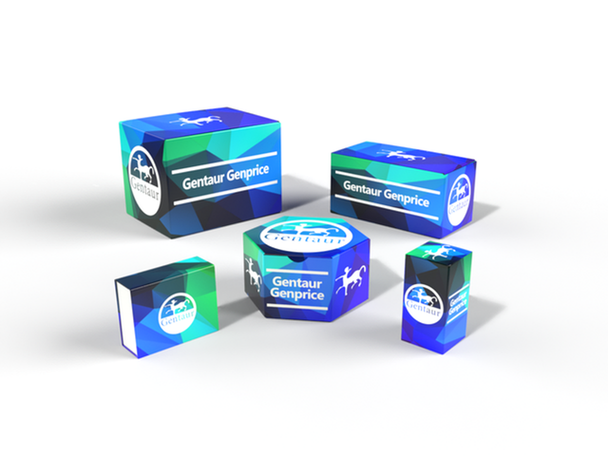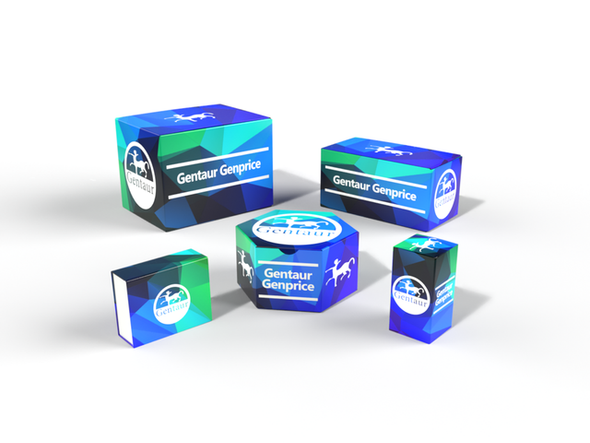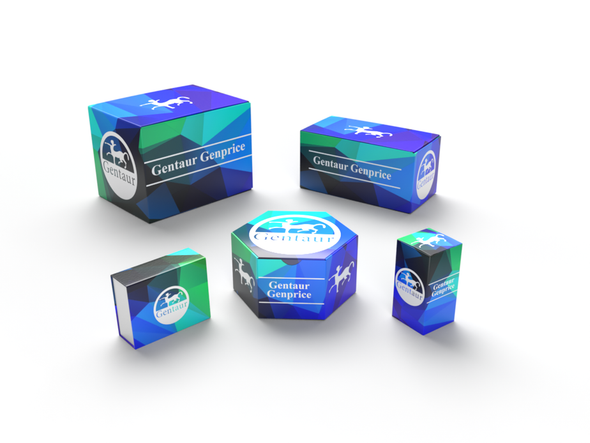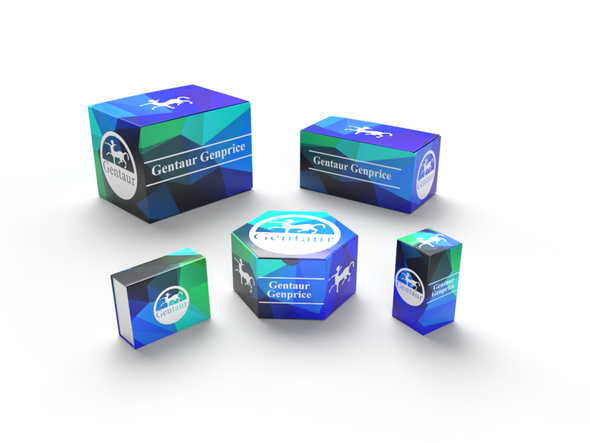Description
CDKL5 Antibody | 62-757 | Gentaur UK, US & Europe Distribution
Host: Rabbit
Reactivity: Human, Mouse
Homology: N/A
Immunogen: This CDKL5 (STK9) antibody is generated from rabbits immunized with a KLH conjugated synthetic peptide between 982-1012 amino acids from the C-terminal region of human CDKL5 (STK9) .
Research Area: Neuroscience, Signal Transduction
Tested Application: WB, IHC-P
Application: For WB starting dilution is: 1:1000
For IHC-P starting dilution is: 1:10~50
Specificiy: N/A
Positive Control 1: N/A
Positive Control 2: N/A
Positive Control 3: N/A
Positive Control 4: N/A
Positive Control 5: N/A
Positive Control 6: N/A
Molecular Weight: 116 kDa
Validation: N/A
Isoform: N/A
Purification: This antibody is prepared by Saturated Ammonium Sulfate (SAS) precipitation followed by dialysis
Clonality: Polyclonal
Clone: N/A
Isotype: Rabbit Ig
Conjugate: Unconjugated
Physical State: Liquid
Buffer: Supplied in PBS with 0.09% (W/V) sodium azide.
Concentration: batch dependent
Storage Condition: Store at 4˚C for three months and -20˚C, stable for up to one year. As with all antibodies care should be taken to avoid repeated freeze thaw cycles. Antibodies should not be exposed to prolonged high temperatures.
Alternate Name: Cyclin-dependent kinase-like 5, Serine/threonine-protein kinase 9, CDKL5, STK9
User Note: Optimal dilutions for each application to be determined by the researcher.
BACKGROUND: Defects in STK9, a dual-specificity serine/threonine kinase, are a cause of atypical Rett syndrome. Rett syndrome is an X-linked dominant disease. It is a progressive neurologic developmental disorder and one of the most common causes of mental retardation in females. Patients appear to develop normally until 6 to 18 months of age, then gradually lose speech and purposeful hand movements and develop microcephaly, seizures, autism, ataxia, intermittent hyperventilation, and stereotypic hand movements. After initial regression, the condition stabilizes and patients usually survive into adulthood. Rett syndrome due to CDKL5-associated mutations is characterized by a severe early-onset phenotype and atypical features such as infantile spasms.






